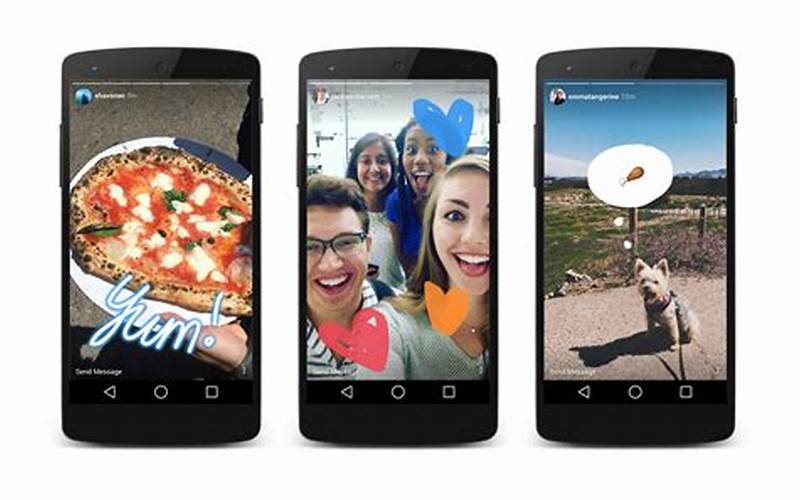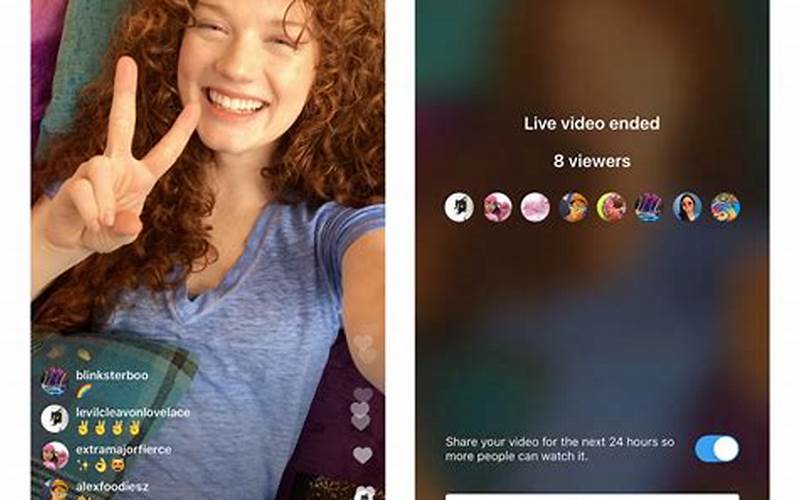If you own a travel business, you know how important it is to promote your services online. With the rise of social media, search engines, and email marketing, there are a variety of ways to reach potential customers and grow your business. In this article, we’ll explore 50 effective strategies for promoting your travel business online.
1. Create a Website
The first step in promoting your travel business online is to create a website. Your website should be visually appealing, easy to navigate, and provide all the information customers need to plan their trip, such as prices, dates, and destinations. Don’t forget to include a booking form and a contact page.
2. Use Social Media
Social media is a powerful tool for promoting your travel business online. Establish a presence on popular social media platforms such as Facebook, Twitter, and Instagram, and share photos, videos, and updates about your business. You can also use social media to connect with customers and answer their questions.
3. Offer Special Deals
Everyone loves a good deal! Offer special promotions such as discounts, free upgrades, or free activities to entice potential customers to book with you. Make sure to promote these deals through your website and social media channels.
4. Create a Blog
A blog is a great way to establish your expertise in the travel industry and attract potential customers. Write articles about destinations, travel tips, and industry news. Make sure to optimize your blog for search engines by using relevant keywords and including internal links to your website.
5. Use Email Marketing
Email marketing is a cost-effective way to reach potential customers and promote your travel business. Build an email list by offering a newsletter or special promotions. Use email marketing to send updates about your business, special deals, and new blog posts.
6. Invest in SEO
Search engine optimization (SEO) is the process of optimizing your website to rank higher on search engines such as Google. Invest in SEO to increase your visibility and attract potential customers. Use relevant keywords, meta descriptions, and internal links to optimize your website for search engines.
7. Use Google Ads
Google Ads is a pay-per-click advertising platform that allows you to place ads on Google search results pages. Use Google Ads to target potential customers with relevant keywords and ads. Make sure to use compelling ad copy and a clear call-to-action to entice customers to click on your ads.
8. Create Video Content
Video content is a great way to showcase your travel business and attract potential customers. Create videos of destinations, activities, and tours to give customers a taste of what they can expect from your services. Share these videos on your website and social media channels.
9. Use Influencer Marketing
Influencer marketing involves partnering with social media influencers to promote your travel business. Find influencers in your niche with a large following and partner with them to promote your services. Make sure to choose influencers who align with your brand values and image.
10. Attend Trade Shows
Travel trade shows are a great way to promote your business and connect with potential customers. Attend trade shows in your niche and bring marketing materials such as brochures and business cards. Don’t forget to network with other professionals in the industry.
11. Offer Referral Incentives
Referral incentives are a great way to encourage your customers to refer their friends and family to your travel business. Offer discounts or free activities for each referral. Make sure to promote these incentives through your website and social media channels.
12. Use Pinterest
Pinterest is a popular social media platform that allows users to save and share images and links. Use Pinterest to showcase your travel destinations and services. Make sure to use high-quality images and relevant keywords.
13. Host Contests
Host contests on your website and social media channels to engage with potential customers and promote your business. Offer prizes such as free trips or activities. Make sure to promote these contests through your website and social media channels.
14. Partner with Local Businesses
Partner with local businesses such as hotels and restaurants to promote your travel business. Offer package deals that include your services and their services. Make sure to promote these packages through your website and social media channels.
15. Use Facebook Ads
Facebook Ads is a pay-per-click advertising platform that allows you to place ads on Facebook. Use Facebook Ads to target potential customers with relevant keywords and ads. Make sure to use compelling ad copy and a clear call-to-action to entice customers to click on your ads.
16. Use Instagram Stories
 Source: bing.com
Source: bing.comInstagram Stories is a feature on Instagram that allows users to post photos and videos that disappear after 24 hours. Use Instagram Stories to showcase your travel destinations and services. Make sure to use high-quality images and relevant hashtags.
17. Collect Reviews
Reviews are a powerful tool for promoting your travel business online. Collect reviews from satisfied customers and display them on your website and social media channels. Make sure to respond to negative reviews and address any concerns or complaints.
18. Use Retargeting Ads
Retargeting ads allow you to target customers who have visited your website in the past. Use retargeting ads to remind potential customers of your services and entice them to book with you. Make sure to use compelling ad copy and a clear call-to-action.
19. Use LinkedIn
LinkedIn is a social media platform for professionals. Use LinkedIn to connect with other professionals in the travel industry and promote your services. Share blog posts and updates about your business.
20. Use Influencer Takeovers
Influencer takeovers involve letting a social media influencer take over your social media channels for a day or week. This allows the influencer to promote your business to their followers. Make sure to choose an influencer who aligns with your brand values and image.
Hashtags are a great way to increase the visibility of your social media posts. Use relevant hashtags such as #travel and #vacation to attract potential customers. Make sure to research popular hashtags in your niche.
22. Create Infographics
Infographics are a great way to provide information in a visually appealing format. Create infographics about travel destinations, travel tips, and industry news. Share these infographics on your website and social media channels.
23. Use Twitter Ads
Twitter Ads is a pay-per-click advertising platform that allows you to place ads on Twitter. Use Twitter Ads to target potential customers with relevant keywords and ads. Make sure to use compelling ad copy and a clear call-to-action to entice customers to click on your ads.
24. Use Google My Business
Google My Business is a free tool that allows you to manage your business information on Google, including your website, phone number, and address. Use Google My Business to increase your visibility on Google search results pages.
25. Use Facebook Live
Facebook Live is a feature on Facebook that allows users to stream live video. Use Facebook Live to showcase your travel destinations and services. Make sure to promote your live stream in advance and interact with viewers.
26. Use Google Analytics
Google Analytics is a free tool that allows you to track website traffic and user behavior. Use Google Analytics to analyze the effectiveness of your marketing strategies and make data-driven decisions.
27. Use Chatbots
Chatbots are automated messaging systems that can answer customer questions and provide information about your travel business. Use chatbots on your website and social media channels to improve customer service.
28. Use Yelp
Yelp is a review website that allows customers to leave reviews about businesses. Claim your business on Yelp and respond to reviews. Make sure to address any concerns or complaints.
29. Use TripAdvisor
TripAdvisor is a review website that focuses on travel businesses. Claim your business on TripAdvisor and respond to reviews. Make sure to address any concerns or complaints.
30. Use Pinterest Ads
Pinterest Ads is a pay-per-click advertising platform that allows you to place ads on Pinterest. Use Pinterest Ads to target potential customers with relevant keywords and ads. Make sure to use compelling ad copy and a clear call-to-action to entice customers to click on your ads.
31. Use Google Hotel Ads
Google Hotel Ads is a pay-per-click advertising platform that allows you to place ads for your hotel on Google search results pages. Use Google Hotel Ads to target potential customers with relevant keywords and ads. Make sure to use compelling ad copy and a clear call-to-action to entice customers to click on your ads.
32. Use Instagram Ads
 Source: bing.com
Source: bing.comInstagram Ads is a pay-per-click advertising platform that allows you to place ads on Instagram. Use Instagram Ads to target potential customers with relevant keywords and ads. Make sure to use compelling ad copy and a clear call-to-action to entice customers to click on your ads.
33. Use Snapchat Ads
Snapchat Ads is a pay-per-click advertising platform that allows you to place ads on Snapchat. Use Snapchat Ads to target potential customers with relevant keywords and ads. Make sure to use compelling ad copy and a clear call-to-action to entice customers to click on your ads.
34. Use LinkedIn Ads
LinkedIn Ads is a pay-per-click advertising platform that allows you to place ads on LinkedIn. Use LinkedIn Ads to target potential customers with relevant keywords and ads. Make sure to use compelling ad copy and a clear call-to-action to entice customers to click on your ads.
35. Use Facebook Messenger Ads
Facebook Messenger Ads is a pay-per-click advertising platform that allows you to place ads in Messenger. Use Facebook Messenger Ads to target potential customers with relevant keywords and ads. Make sure to use compelling ad copy and a clear call-to-action to entice customers to click on your ads.
36. Use Google Display Ads
Google Display Ads is a pay-per-click advertising platform that allows you to place ads on websites across the internet. Use Google Display Ads to target potential customers with relevant keywords and ads. Make sure to use compelling ad copy and a clear call-to-action to entice customers to click on your ads.
37. Use Facebook Groups
Facebook Groups are communities of people with a shared interest. Join travel-related Facebook Groups and engage with potential customers. Share your blog posts and updates about your business.
38. Use Twitter Chats
Twitter Chats are live discussions on Twitter about a specific topic. Join travel-related Twitter Chats and engage with potential customers. Share your blog posts and updates about your business.
39. Use Google Reviews
Google Reviews are reviews left by customers on Google. Claim your business on Google and respond to reviews. Make sure to address any concerns or complaints.
40. Use Instagram Live
 Source: bing.com
Source: bing.comInstagram Live is a feature on Instagram that allows users to stream live video. Use Instagram Live to showcase your travel destinations and services. Make sure to promote your live stream in advance and interact with viewers.
41. Use Facebook Marketplace
Facebook Marketplace is a platform for buying and selling goods and services. Use Facebook Marketplace to promote your travel services and connect with potential customers in your area.
42. Use Google Posts
Google Posts are short updates that appear on Google search results pages. Use Google Posts to promote your travel business and provide information about your services. Make sure to use relevant keywords.
 Travelers Plans How to Travelers Plans in The World
Travelers Plans How to Travelers Plans in The World